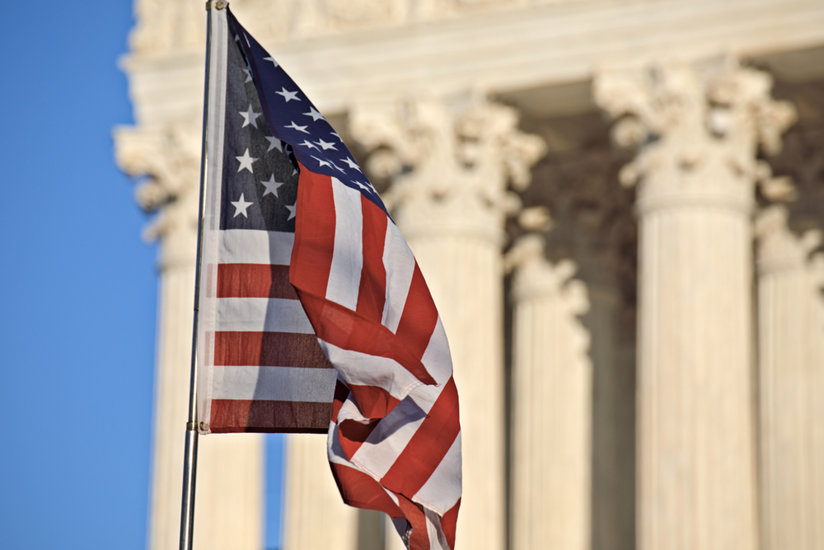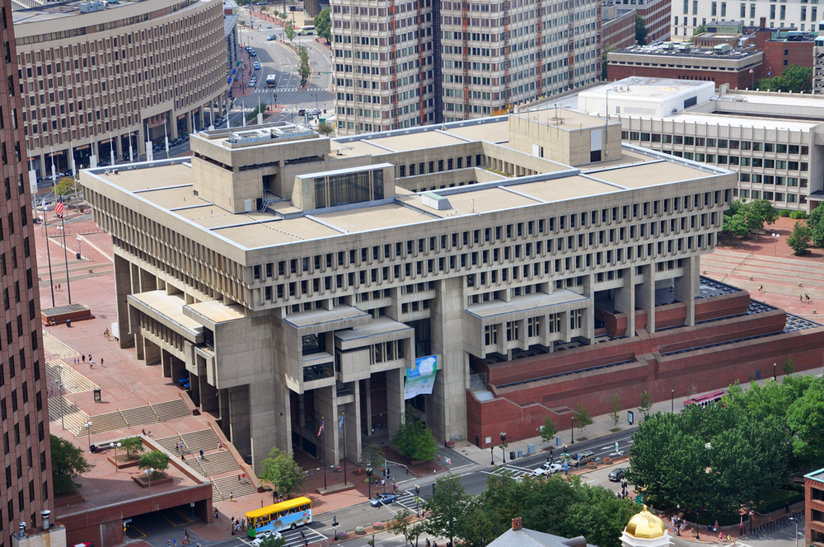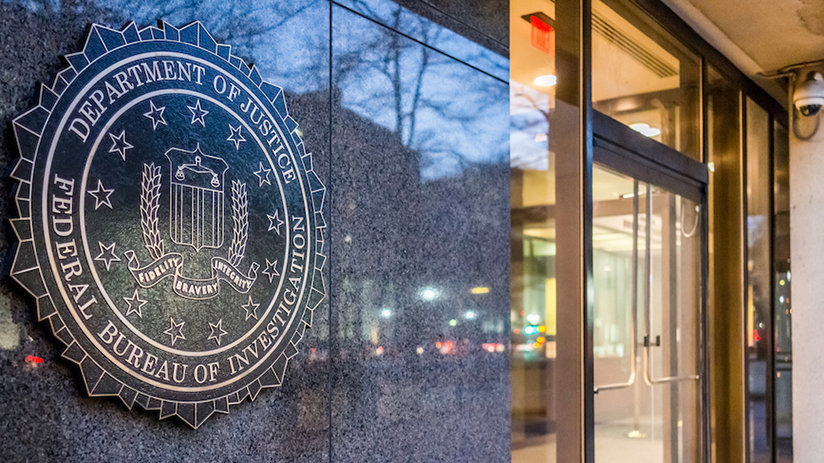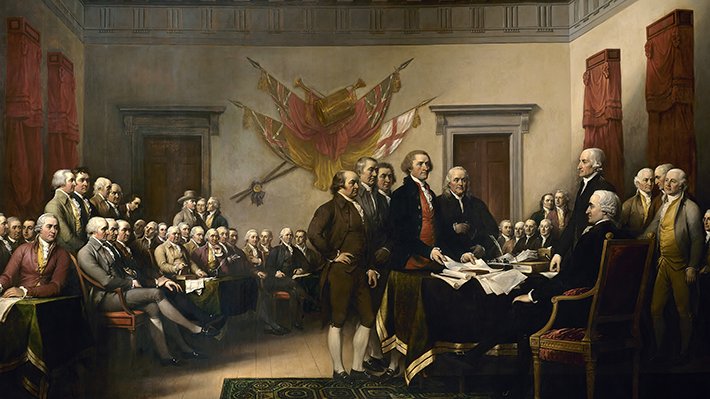
-
HOME
-
WHAT IS STANDOur Mission Our Values Our Help Contact
-
WHAT WE FIGHT FORReligious Freedom Religious Literacy Equality & Human Rights Inclusion & Respect Free Speech Responsible Journalism Corporate Accountability
-
RESOURCESExpert Studies Landmark Decisions White Papers FAQs David Miscavige Religious Freedom Resource Center Freedom of Religion & Human Rights Topic Index Priest-Penitent Privilege Islamophobia
-
HATE MONITORBiased Media Propagandists Hatemongers False Experts Hate Monitor Blog
-
NEWSROOMNews Media Watch Videos Blog
-
TAKE ACTIONCombat Hate & Discrimination Champion Freedom of Religion Demand Accountability
Supreme Court Finds for Freedom of Religious Speech
The Supreme Court, in a unanimous 9-0 decision, affirmed the right of churches and religious organizations to freedom of speech in public places.

The case, Shurtleff v. Boston, was brought by plaintiff Harold Shurtleff after his organization, Camp Constitution, was denied permission by the City of Boston in 2017 to fly a flag from a public flagpole with a cross in the upper left hand corner, which Shurtleff described as the “Christian flag.”
The flagpole in question is situated in a public plaza in front of Boston’s City Hall and is one of three the city maintains there. One pole flies the American flag, the second the Massachusetts state flag and the third usually flies Boston’s city flag but is sometimes made available for groups to fly their own banners, usually in conjunction with events being held in the plaza.
There was no prior record of Boston ever refusing a request to use its flagpole.
In July 2017, Shurtleff made his request to fly the Christian flag at an event to be held in September to “commemorate the civic and social contributions of the Christian community.” City officials concluded that flying something labeled a “Christian flag” on a city-owned flagpole would forward an establishment of religion in violation of the Constitution and therefore rejected it. There was no prior record of Boston ever refusing a request to use its flagpole.
Shurtleff and Camp Constitution filed a lawsuit in federal court in 2018 claiming that their free speech rights had been violated. The lower courts agreed with the city, setting up Shurtleff’s appeal to the Supreme Court.
The legal issue that defined the case was whether allowing Camp Constitution to fly its flag constituted “government speech” or “private speech.” Clearly the establishment clause of the First Amendment means that government may not originate or forward a religious message, but does allowing a private group to fly a religious-themed flag from a city-owned flagpole mean that it is doing so? The Supreme Court concluded that it does not. In coming to this conclusion, the Court determined that the City of Boston has never attempted to control the message or the contents of events held at the plaza by private groups, thereby making flying the flag private speech.

The Court further concluded that Boston also engaged in “viewpoint discrimination,” meaning that Camp Constitution was denied the same right as other groups to express its views simply because these are religious. As the American Civil Liberties Union stated in its amicus brief supporting Camp Constitution, “the City is bound by the constitutional principles governing public forums. Those principles prohibit the City from denying private speakers access to the forum based on their viewpoints, including religious viewpoints.”
What will this decision mean going forward for religious groups? There aren’t going to be any directly comparable cases because of the unique nature of Boston City Hall’s flag policy. But what the decision will do is clarify for churches and their members the difference between private and government speech, thereby helping them communicate their message more freely and openly.









